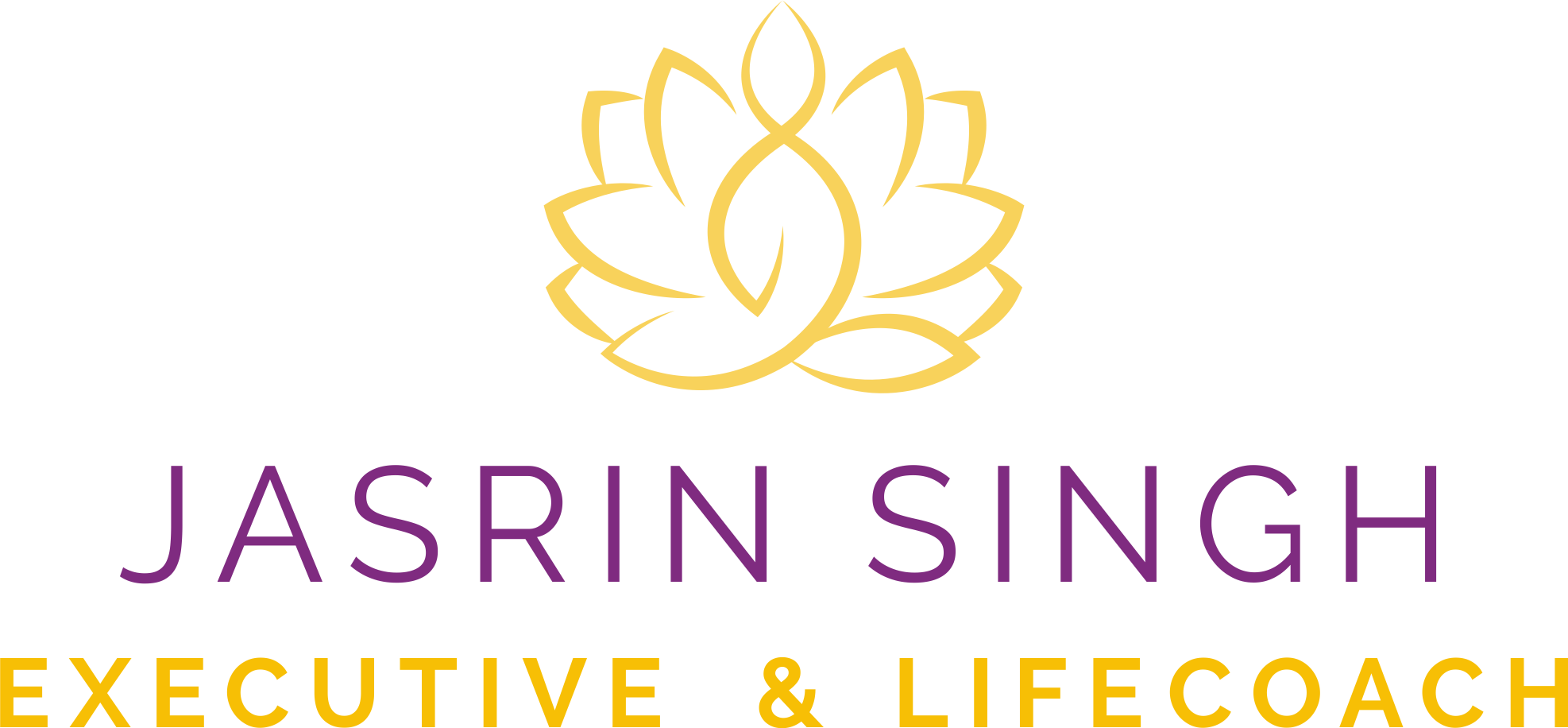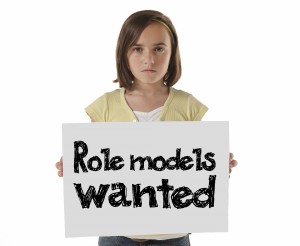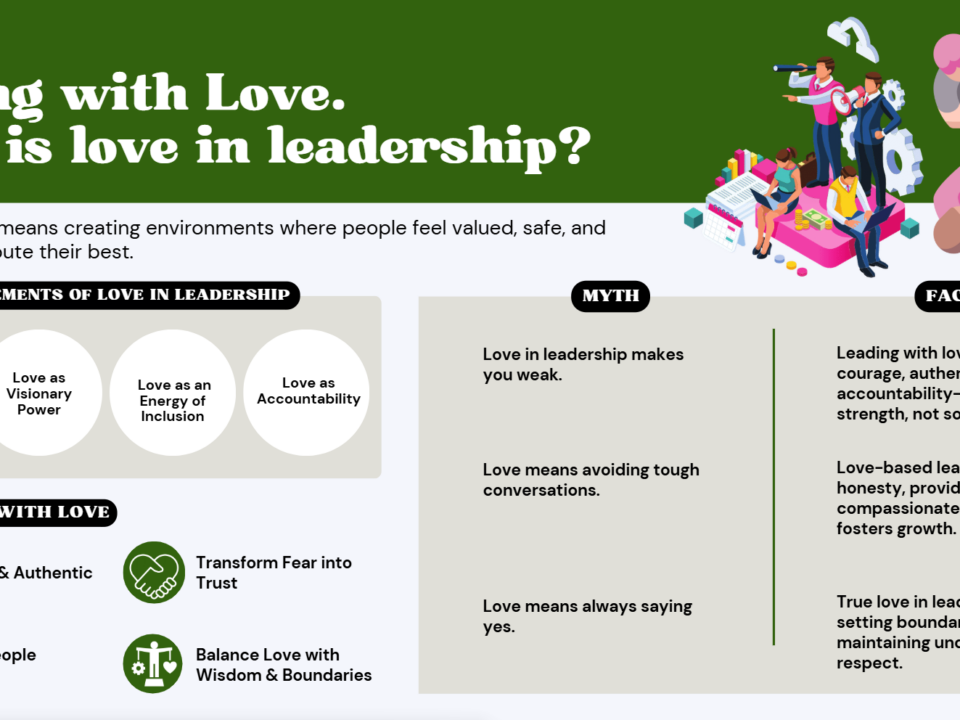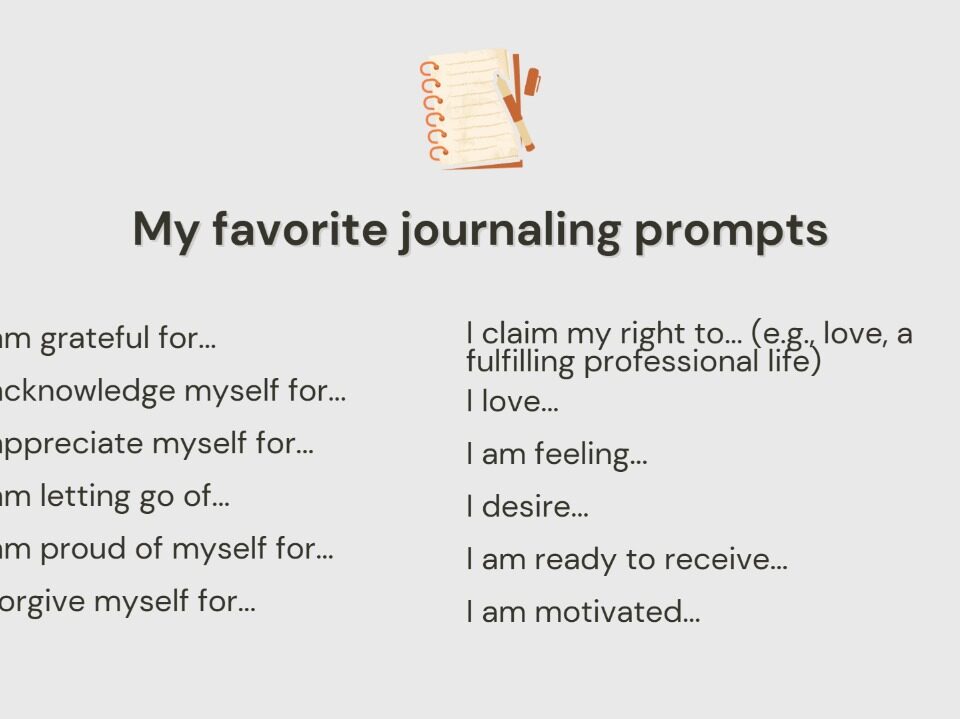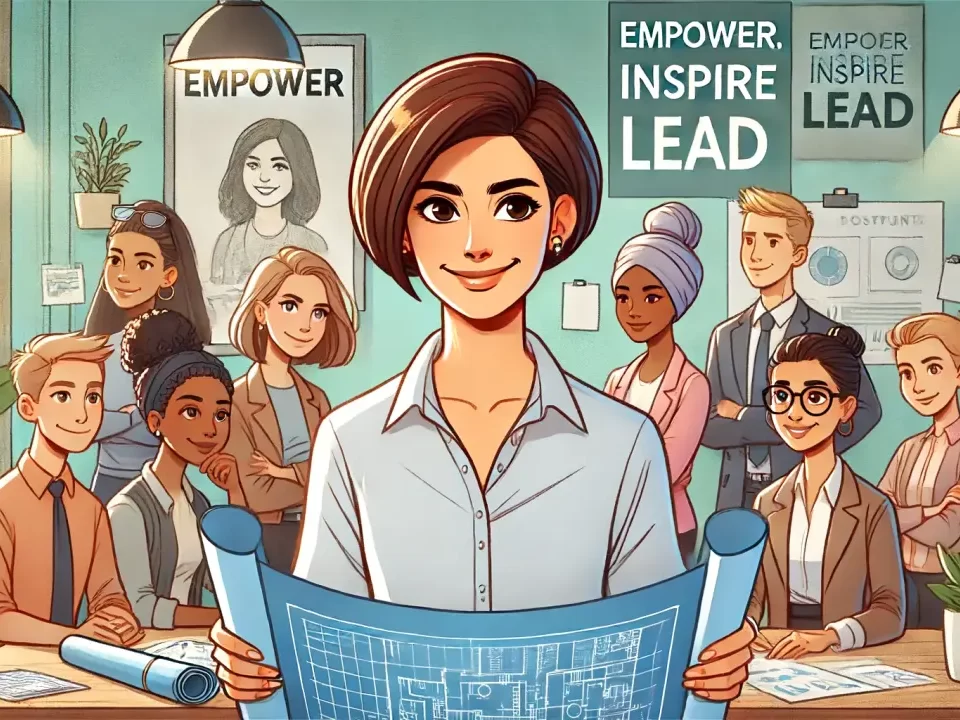
The Paradigm Shift
April 29, 2017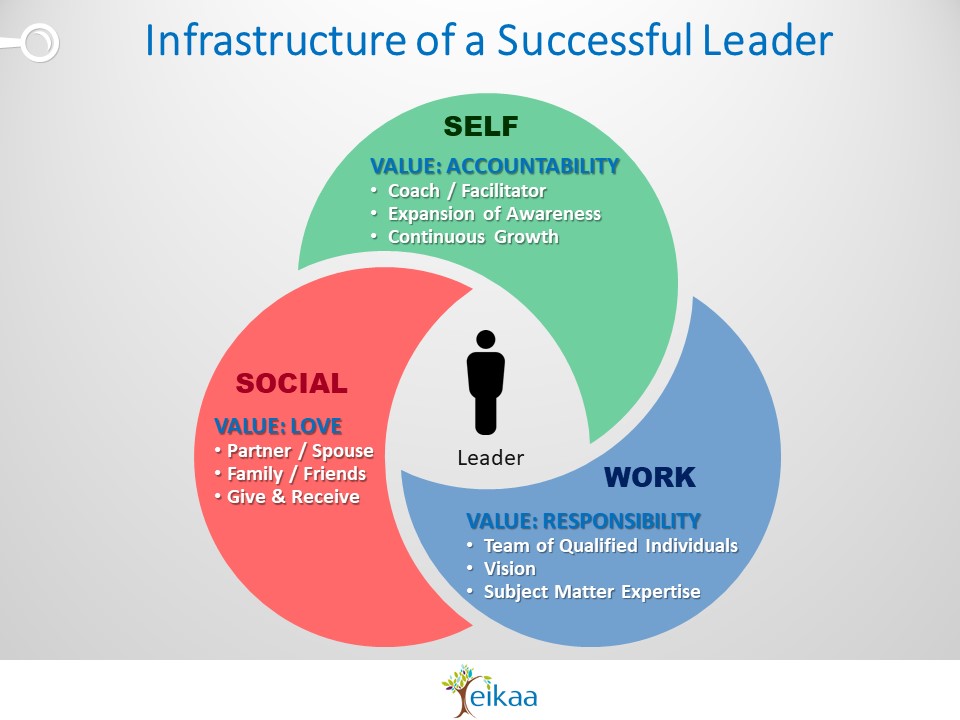
Infrastructure of a Successful Leader
July 30, 2017Role Modelling in Life and Organizations.
As I watch my children grow, I see how a lot many of their behaviours are coming from each of the parents. Children pick their role models un/sub-consciously.These can be both positive and negative, empowering and dis-empowering.
The Mind of a Child
As a young child, one might have watched an alcoholic parent misbehave from time to time, been highly embarrassed about it and hated the parent, yet that same child has a very high chance of turning into an alcoholic him/herself. Children pick up their role models unconsciously. Role models can be both positive or negative, but the one that has greater emotional impact on the child will gain favour. When I say greater emotional impact, I mean the amount of time the child spent battling or enjoying a particular behavior in his head and heart. The un-conscious does not differentiate between good and bad, it just takes on the behavior that has greater impact and then proceeds to manifest itself in the adult life, unless such point that one becomes aware of it.
Children dont learn from what we teach them, they learn from who we are. Lie yourself, and ask your children to be honest not going to work. Be disrespectful to others, and ask your children to be respectful to you and others, not going to work. If you want your children to have a happy and healthy life, then the only way to make that happen is by living one yourself. Show them how to love and respect yourself. Show them how to be healthy by exercising often. Show them how to eat well by eating healthy yourself.
Parents spend huge amounts of time, money and energy in taking their children for numerous classes, sports, creative activities in an effort to shape the personalities and behaviours of their children. While there is nothing wrong in exposing your child to various activities and options, and in fact is highly encouraged, one must appreciate that the greatest contributor to a childs mental make-up which is what will impact his very state of being and everything that happens to him/ her in life, is being created by the way the parents act and behave. The childs out picturing of life, will be created by his sub-conscious mind make up which is most greatly affected by his parents values and behaviours.
How is this relevant in Organizations?
This very same relationship stands true for the Leadership of an organization and its employees. The leadership of an organization is responsible for its sub-conscious culture which is the dominating factor to the organizations mental make-up and performance. If the leadership of an organization is acting in a way that is contrary to the espoused values and behaviours of the company and those that are expected of the employees, it is not going to work. Many organizations spend plenty of money on training and development but are unable to reap the rewards of those trainings. The reason being – that while the employees will go for the training, and on occasion learn something, the real impact of all that money spent will depend on the sub-conscious culture of the organization. If there is high cultural entropy in the organization, there will be high levels of personal entropy in the organization. If bureaucracy rules the way, then the creativity of the employees is quelled. If control is the rule of leadership, there will be lack of trust and employees will not feel empowered. Untrusting, un-empowered employees do not bring their discretionary energy to work, and cannot produce work that is highly productive and creative.
There is a fundamental need in all of us to grow, evolve. Role Modelling is one of the primary forms of learning for human beings. We are constantly being influenced and influencing others around us. We are looking for role models all the time. These role-models have a great impact on us, whether we want it or not. The role models dont always come in the form of a leader or a parent. One could be role model to his/her colleagues and friends just as much.
So today I leave you with two questions?
1. Who are my role-models (Past and Present)?
and
2. What kind of role-model am I?
If you enjoyed this article, please feel free to share with full credit to the author – Jasrin Singh and a link to the website.
